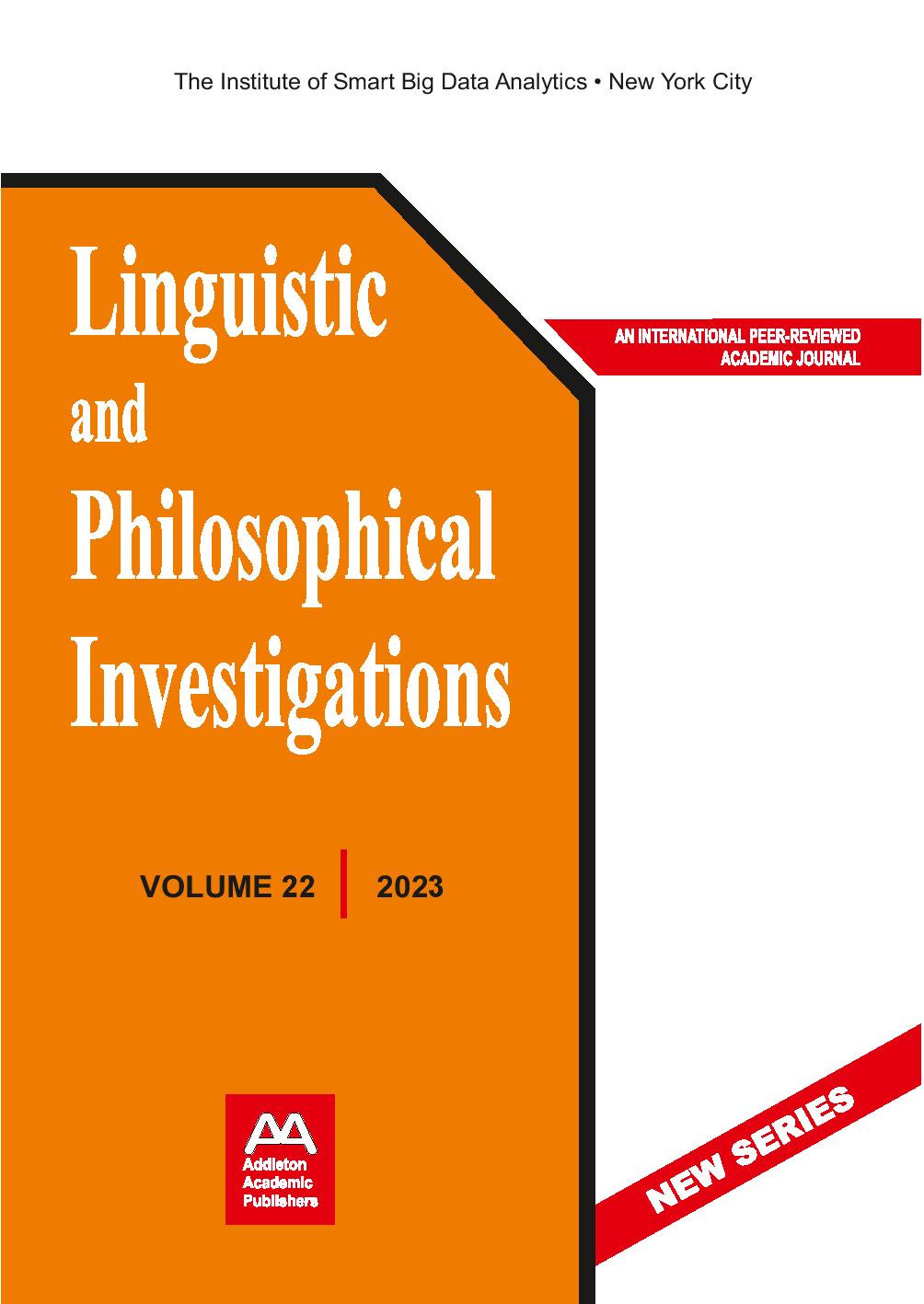Spatial Computing and Visual Perception Algorithms, and Deep Learning-based Sensing and Digital Twin Technologies in the Virtual Economy of the Metaverse
Spatial Computing and Visual Perception Algorithms, and Deep Learning-based Sensing and Digital Twin Technologies in the Virtual Economy of the Metaverse
Author(s): Juraj Cug, Lubomir Palcak, Adrian Ducu MateiSubject(s): Evaluation research, Management and complex organizations, ICT Information and Communications Technologies
Published by: Addleton Academic Publishers
Keywords: movement and behavior tracking tools; spatial computing and visual perception algorithms; and deep learning-based sensing and digital twin technologies; metaverse;
Summary/Abstract: This article reviews and advances existing literature concerning affective and perceptual technologies, metaverse engagement metrics, and intelligent connectivity infrastructures. We contribute to the literature by indicating that immersive 3D worlds develop on Internet of Things-based decision support and distributed autonomous control systems, physics-based modeling and simulation tools, and spatial computing and environment mapping algorithms. Throughout January 2023, a quantitative literature review of the Web of Science, Scopus, and ProQuest databases was performed, with search terms including “the virtual economy of the metaverse” + “movement and behavior tracking tools,” “spatial computing and visual perception algorithms,” and “deep learning-based sensing and digital twin technologies.” As research published between 2022 and 2023 was inspected, only 173 articles satisfied the eligibility criteria. By taking out controversial or ambiguous findings (insufficient/irrelevant data), outcomes unsubstantiated by replication, too general material, or studies with nearly identical titles, we selected 33 mainly empirical sources. Data visualization tools: Dimensions (bibliometric mapping) and VOSviewer (layout algorithms). Reporting quality assessment tool: PRISMA. Methodological quality assessment tools include: AXIS, MMAT, ROBIS, and SRDR.
Journal: Linguistic and Philosophical Investigations
- Issue Year: 2023
- Issue No: 22
- Page Range: 162-178
- Page Count: 17
- Language: English
- Content File-PDF

